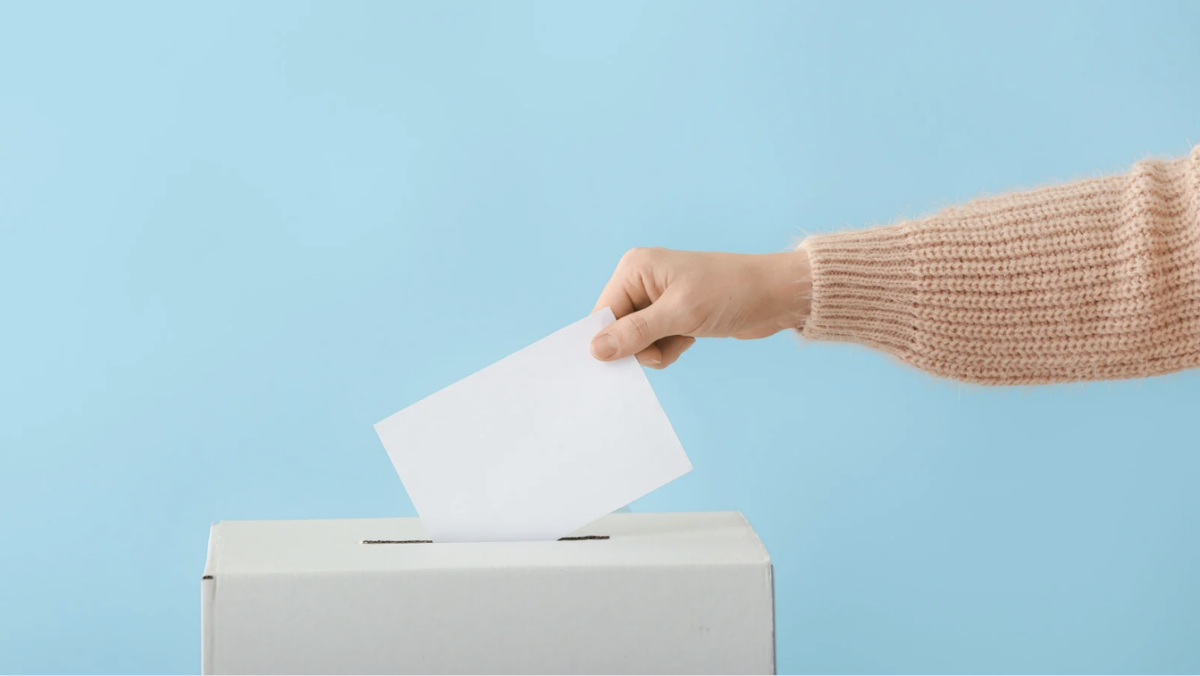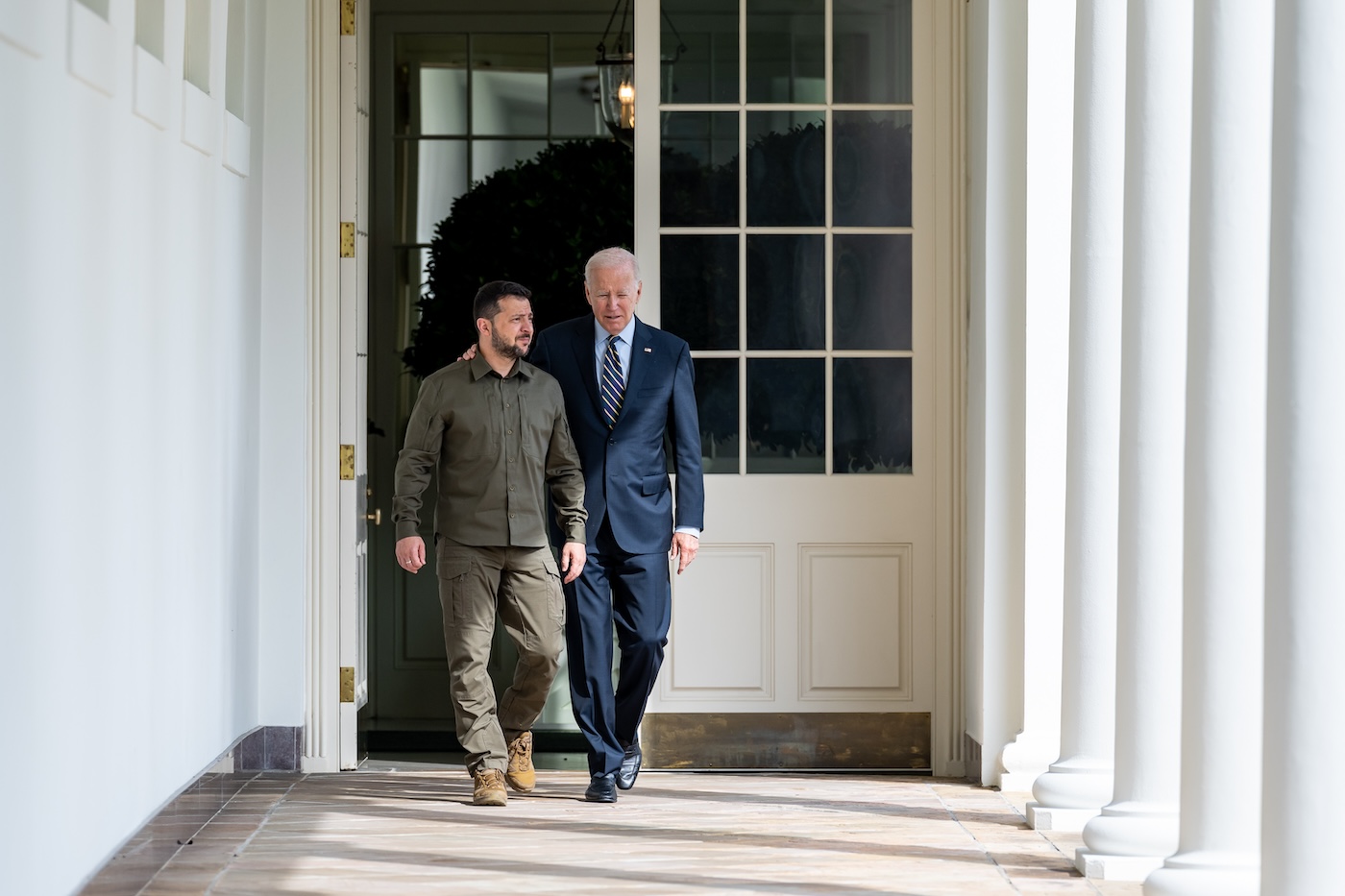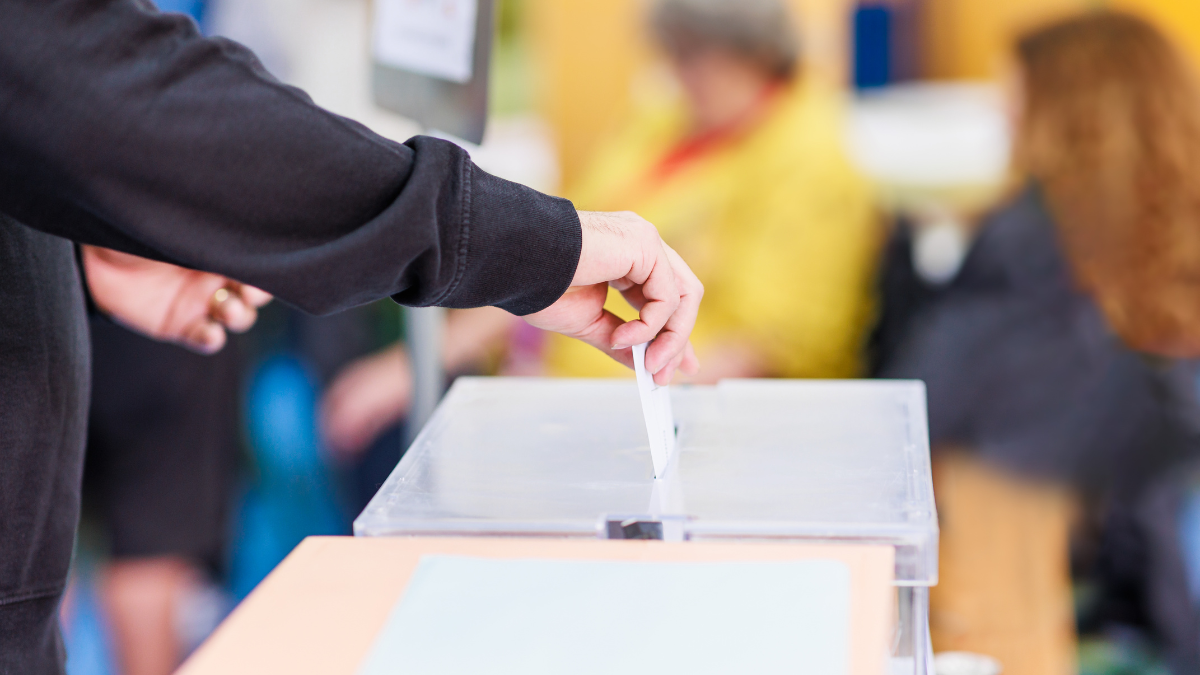George Washington’s Family Matters
Whatever happened to the literal children of the figurative father of our nation?
For all of George Washington’s renown, his descendants have become all but forgotten. Our first president had no biological children, but he and Martha raised children and grandchildren from Martha’s first marriage. What became of them and their offspring? Many interesting things, it turns out.
First Family: George Washington’s Heirs and the Making of America
In First Family: George Washington’s Heirs and the Making of America, a well-researched and highly readable biography of Washington’s offspring, the historian Cassandra Good seeks to tell the “story of four proud but profoundly flawed people that has much to reveal about how we understand both our country and our families.” Good’s account examines not only how George and Martha related to the children they nurtured but also how they and their own children contributed to the national discourse.
The first first family comprised George and Martha and Martha’s children from her marriage to the late Daniel Parke Custis: John “Jacky” Parke Custis and Martha “Patsy” Parke Custis. Jacky died shortly after marrying Eleanor Calvert and left behind four grandchildren to the Washingtons: Elizabeth “Eliza” Custis; Martha “Patty” Custis; Eleanor “Nelly” Custis; and George Washington “Wash” Parke Custis. When Eleanor grew overwhelmed, George and Martha raised the younger two — Nelly and Wash — as their own in Mount Vernon. As Good puts it, “for Americans from the Revolution to the Civil War, the Custis grandchildren were George Washington’s family.”
Interestingly, at one point, Washington’s natural childlessness was counted as a virtue. “Having no son—and therefore not exposing us to the danger of an hereditary successor” was one reason a Virginia newspaper cited in favor of his election as the infant nation’s first president in 1788.
But our forefather proved a sympathetic parent to his adopted children. He frequently rendered helpful, if stern, fatherly advice. “Love is a might pretty thing,” he wrote to an 18-year-old Eliza in 1794, “but like all other delicious things, it is cloying … and too dainty a good to live upon alone.” A few years later, he urged Nelly, Eliza’s younger sister, to control love and passion “under the guidance of reason” and not to surrender her heart “until she had secured her game.”
Yet Washington’s offspring did not always distinguish themselves. Wash displayed little aptitude and desire for collegiate study and dropped out of Princeton, prompting George to lament that “what is best to be done with him, I know not.” Similarly, Wash’s stepfather bemoaned how “his habits and inclinations are so averse to all labour and patient investigation, that I must freely declare it as my opinion that not much is to be expected from any plan.”
A talented orator who stirred crowds with speeches studded with references to his grandfather, Wash would later run unsuccessfully for state delegate in Virginia on an anti-universal suffrage platform (“one of the greatest evils that can afflict us”). He wasn’t much of a businessman either; despite having inherited substantial real estate, his aunt reckoned that, “with all his fanciful schemes of industry, he spends a lot of money to no gain and neglects his affairs and the supervision of his properties.”
But Wash ultimately leveraged his rhetorical skills and nurtured a relationship with the Marquis de Lafayette, the French hero of the American Revolution and close confidante of Wash’s grandfather. During Lafayette’s triumphant 1824-25 return to the United States, Wash escorted the marquis to pay respects at Washington’s grave in Mount Vernon and later published Lafayette’s wartime recollections. He also became a playwright of minor acclaim.
Like her brother, Nelly acknowledged that “I am not very industrious” and instead “work a little, read, play on the Harpsichord, write, & walk.” But she proved far more energetic and enthusiastic than she gave herself credit for, at one point, according to John Adams, demanding the right to vote for women in Virginia. She also grew close later in life to Lafayette — uncomfortably so for a married woman, according to Good, who reprints a newspaper account of the marquis “frequently and affectionately” taking her hand during his visit and acting “unremitting in his attentions to her.”
Eliza struggled in both her personal and society life, legally separating from her husband Thomas Law in 1804 and ultimately divorcing. She lost custody of her daughter and had to sell her farm to remain afloat financially.
A devoted Democratic-Republican, unlike her Federalist siblings and grandfather, Eliza sided with France during its conflict in the early 1800s with England that spilled over into American politics. “Let England beware,” she thundered, “our Eagles may be roused, & maintain the Combat with her lion.” As those skirmishes escalated into all-out war in 1812, the siblings found themselves on opposite sides of the debate, each invoking their grandfather’s memory.
Patty birthed and lost four children between 1807 and 1811, and while she remained more reticent about politics than her siblings, she vociferously defended the Federalists’ honor during the War of 1812, going so far as to exhort her fellow Washingtonians to give the invading British “a warm reception.” Happily, she gave birth to a daughter who survived, duly named Britannia Wellington.
As might be expected, slavery — a topic that has long bedeviled Washington’s many biographers — raises its ugly head throughout the book in its influence on the founder and his offspring. Tobias Lear, the personal tutor of a young Wash, observed the ill effects of “the servile respect which the Servants are obliged to pay him.” Good reckons that George “was willing to take some financial loss to extricate himself from the institution of slavery” by 1795 but worried that selling his slaves would have broken up families. Ultimately, Washington’s bondsmen would outlive him, but Martha emancipated them all 18 months before she died, under the terms of his will.
Wash gradually embraced abolitionism and favored the resettlement of slaves in Africa, proclaiming in 1825 that it would be “an insult to those living, and a calumny to the memory of those who are dead, to say that one of those illustrious sages ever intended that slavery should be perpetual in this land.” Yet Wash maintained his own slaves and, Good surmises, sired numerous children from enslaved mothers (as Good notes, any sexual encounter between Wash and his slaves was ipso facto an act of sexual abuse).
If Wash’s rhetoric didn’t match his actions, Nelly’s did, but for the worse. After the Nat Turner rebellion, she sought to blacklist the arch-abolitionist William Lloyd Garrison, labeling him “an incendiary of the very worst description.” She even remarked that efforts to liberate enslaved blacks might “force the whites to exterminate them.”
In many ways, Washington’s descendants bridged the gap between the Revolutionary generation and America’s next chapters. Over the years, the siblings cultivated relationships with presidents like Andrew Jackson, William Henry Harrison, and Zachary Taylor — their own contemporaries. Wash’s daughter Mary wed a young military officer named Robert E. Lee, to whom Wash bestowed his grandfather’s sword. Nelly’s children mostly moved west and south to places like Cincinnati and New Orleans, to settle the frontier. As Good memorably puts it, “George Washington’s heirs would people the expanding American empire.” Perhaps fortunately, the last of Washington’s adopted children — Wash — died three years before the Civil War began.
In the end, none of Washington’s adopted children ever attained greatness, instead representing four asterisks in American history. But we can surely agree with Good that their story of attempting to carry on their grandfather’s legacy amidst the ferment characterizing the early United States “is one worth knowing and remembering.”
Better understanding of the social and political climate during their time and the impact they had on shaping America
And became an advocate for the end of slavery, publishing an anti-slavery pamphlet in 1842 and actively supporting the cause. Nelly, too, expressed her opposition to slavery and worked towards its abolition. Eliza, on the other hand, remained silent on the issue, focusing more on her personal struggles and survival.
In conclusion, the descendants of George Washington had diverse lives and experiences. While some struggled with personal issues and failed to live up to their grandfather’s expectations, others made important contributions to society and fought for causes they believed in. The book “First Family: George Washington’s Heirs and the Making of America” provides a comprehensive and fascinating account of their lives, shedding light on the complexities of family, politics, and the legacy of the father of our nation. Through the stories of Washington’s children and grandchildren, we gain a
" Conservative News Daily does not always share or support the views and opinions expressed here; they are just those of the writer."





